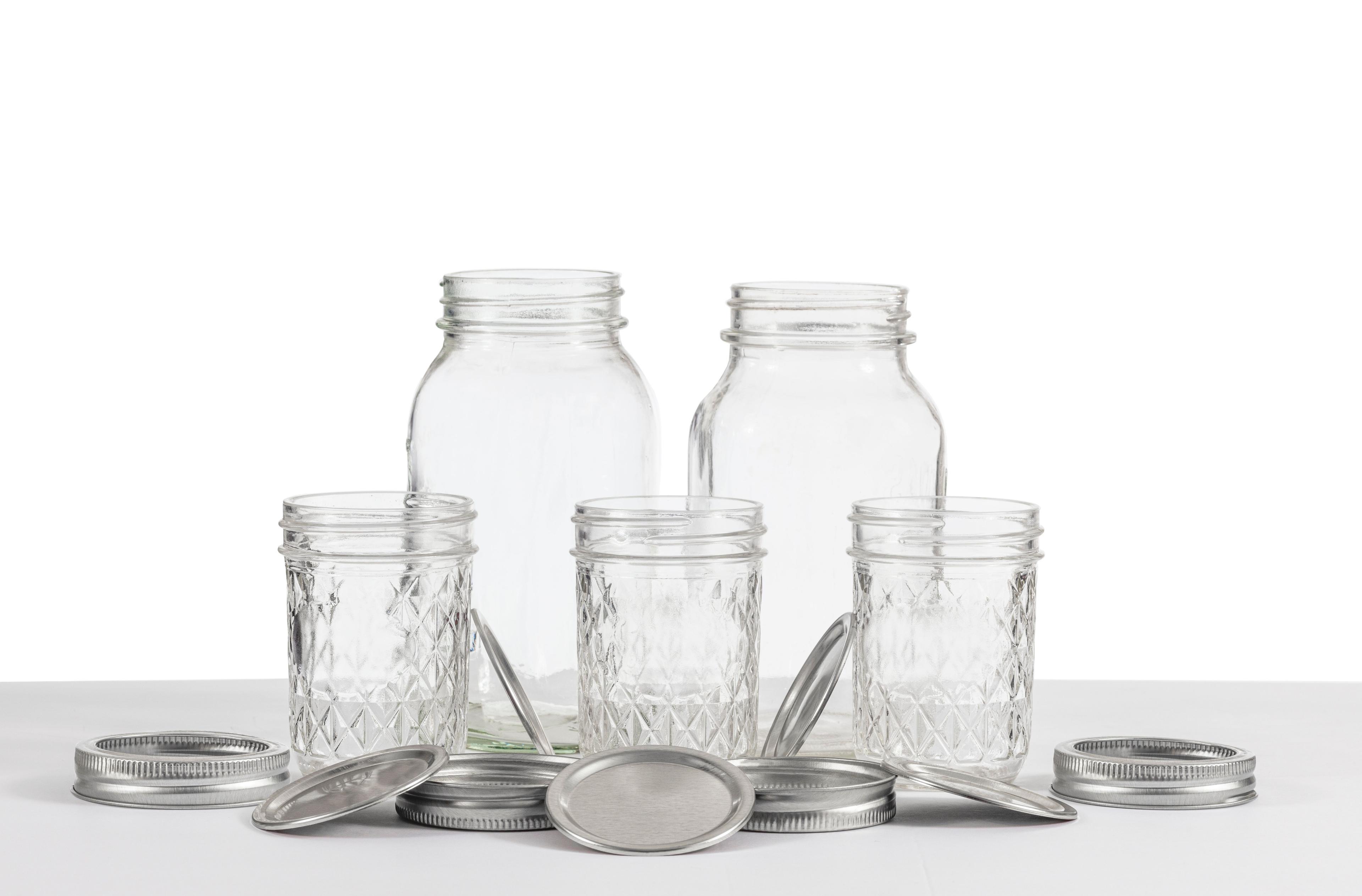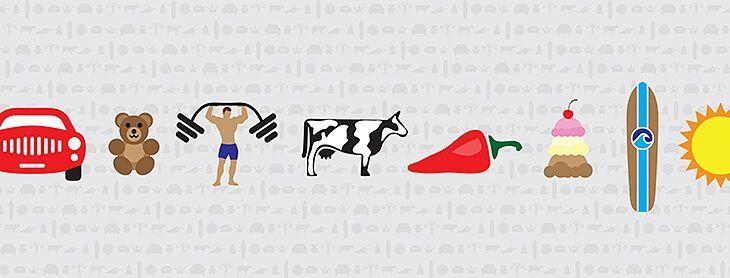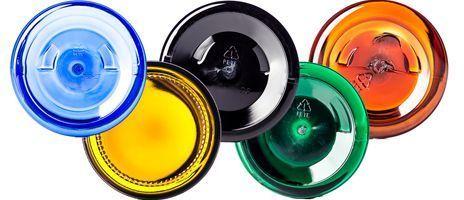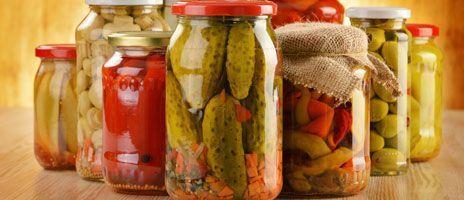Mason Jars vs. Glass Bottles: Which Is Better for Your Product?


Choosing the right packaging is crucial for product success. Whether you're in the food, beverage, or personal care industry, the decision between mason jars and glass bottles can impact cost, sustainability, and branding. This guide compares the benefits and drawbacks of each to help you make an informed choice.
1. Design and Functionality
Mason Jars
- Wide-mouth opening: Ideal for products requiring easy access, such as sauces, jams, or beauty creams.
- Versatile use: Suitable for storage, home canning, and DIY projects.
- Stackability: Flat lids make them easier to stack and store.
- Ease of Cleaning: The wide mouth allows for easy washing, making it a preferred choice for reusable applications.
Glass Bottles
- Narrow neck: Better for liquid-based products like juices, sodas, and oils.
- Pour control: Helps prevent spills and is easier to use for beverages.
- Sealing options: Available with screw caps, corks, or swing tops for secure closure.
- Aesthetic Appeal: Often viewed as more elegant and high-end, making them popular for luxury brands.
2. Cost Considerations
Mason Jars
- Generally less expensive due to simpler manufacturing processes.
- Bulk purchasing options reduce costs for businesses.
- Higher shipping costs due to heavier weight compared to bottles of similar volume.
- Lower breakage risk than glass bottles due to their sturdy, thick design.
Glass Bottles
- Costs vary based on shape, closure type, and branding customization.
- More expensive than mason jars for custom molds and embossing.
- Shipping costs can be lower for slim-profile bottles compared to bulkier mason jars.
- Higher manufacturing costs for premium glass treatments such as UV protection or frosted finishes.
3. Sustainability and Reusability
Mason Jars
- Highly reusable for storage, crafts, and home décor.
- Easier to clean and repurpose than narrow-neck bottles.
- Typically heavier, increasing carbon footprint during transportation.
- Strong consumer demand for sustainable packaging makes mason jars an attractive option for eco-conscious brands.
Glass Bottles
- Recyclable but often less reusable due to specialized shapes.
- Lightweight options available, reducing transportation emissions.
- Some industries encourage bottle return and refill programs.
- Reusable for beverages but less so for solid or DIY storage compared to mason jars.
4. Branding and Customization
Mason Jars
- Rustic and artisanal appeal, suitable for homemade and small-batch products.
- Customization options include labels, embossed logos, and lid variations.
- Perceived as eco-friendly and premium packaging.
- Ideal for organic and health-focused brands looking to emphasize sustainability.
Glass Bottles
- Sleek and modern design, often associated with premium beverages and beauty products.
- Customization includes frosting, screen printing, and colored glass.
- Tamper-evident caps add a professional touch for retail products.
- Greater flexibility in branding due to variations in shape and closure types.
5. Product Suitability
Product Type | Best Packaging Choice |
| Jams & Preserves | Mason Jars |
| Cold Pressed Juices | Glass Bottles |
| Sauces & Condiments | Mason Jars |
| Wine & Spirits | Glass Bottles |
| Beauty Creams | Mason Jars |
| Essential Oils | Glass Bottles |
| Pickled Goods | Mason Jars |
| Flavored Syrups | Glass Bottles |
6. Consumer Preferences
- Health-conscious consumers prefer glass packaging over plastic for its non-toxic and non-reactive properties.
- Eco-conscious buyers favor reusable and recyclable containers like mason jars.
- Luxury markets lean towards glass bottles for an upscale presentation.
- DIY Enthusiasts prefer mason jars due to their versatility in repurposing for household use.
7. Logistics and Storage Considerations
Mason Jars
- Bulkier and heavier, requiring more storage space.
- Higher freight costs due to weight and size.
- Less prone to tipping over due to wider base.
- Can be nested for transport efficiency but still take up more space than bottles.
Glass Bottles
- More space-efficient for storage and shipping.
- Lighter options available, reducing shipping fees.
- Stackability depends on bottle shape—some require protective packaging to prevent breakage.
- Prone to breaking if not handled with care during transit.
8. Innovations in Packaging
- Mason Jars: Some manufacturers now offer biodegradable lids and heat-resistant glass for added functionality.
- Glass Bottles: Advancements in lightweight glass technology reduce material usage while maintaining strength.
- Hybrid Designs: Some brands are incorporating elements of both—wide-mouth bottles with easy-pour spouts, blending jar and bottle functionalities.
- Smart Packaging: QR codes and smart labels on glass surfaces are helping brands engage with consumers digitally.
Conclusion
The choice between mason jars and glass bottles depends on your product type, budget, and branding needs. Mason jars excel in reusability, artisanal appeal, and ease of use, making them perfect for food and home products. Glass bottles, on the other hand, offer a refined look, precise pouring, and better suitability for liquid-based products.
Evaluate your product’s requirements and consumer preferences to select the best packaging solution for your brand. If sustainability and repurposing potential are key factors, mason jars may be the best fit. For sleek branding and precise dispensing, glass bottles may be the superior choice.




